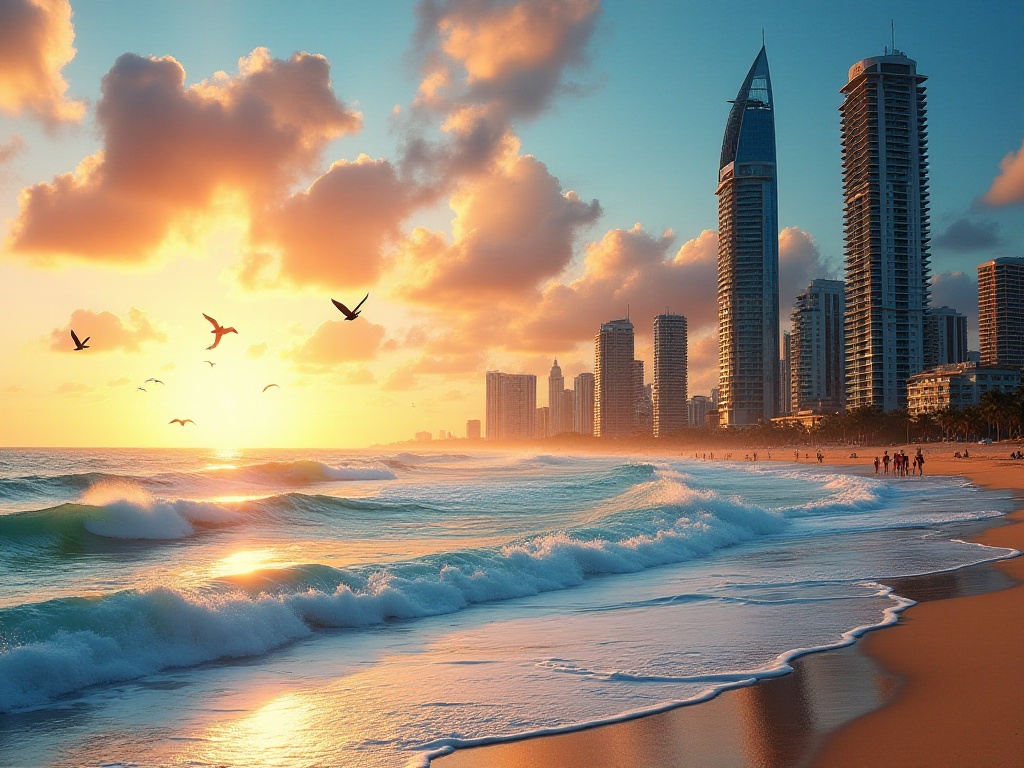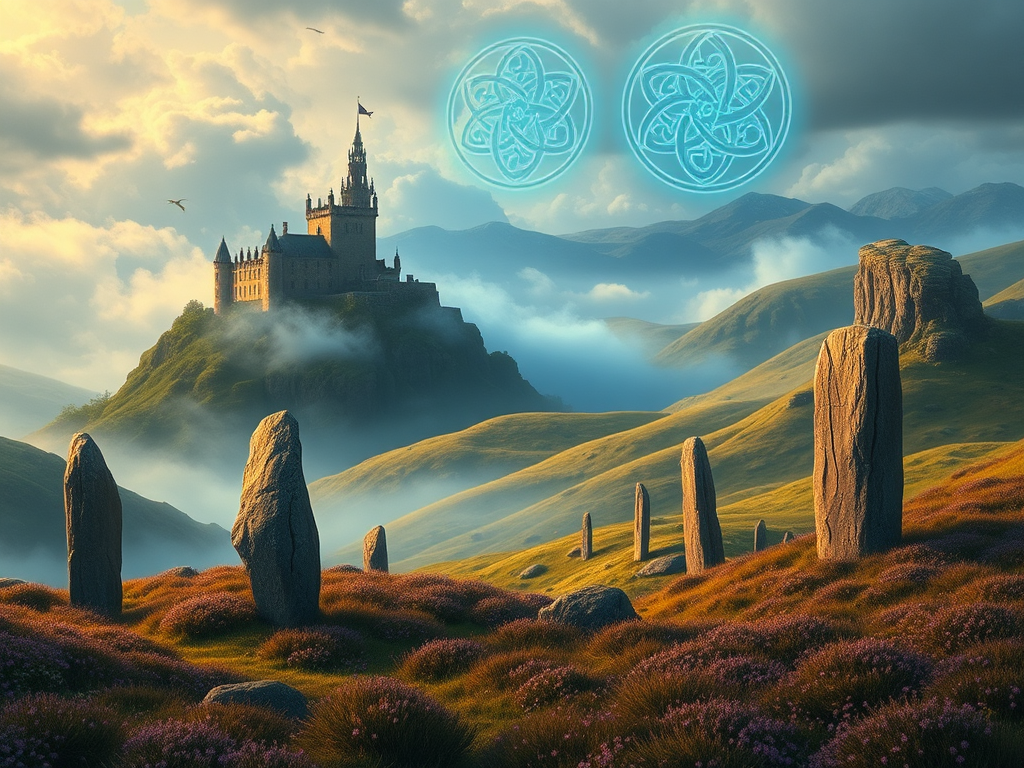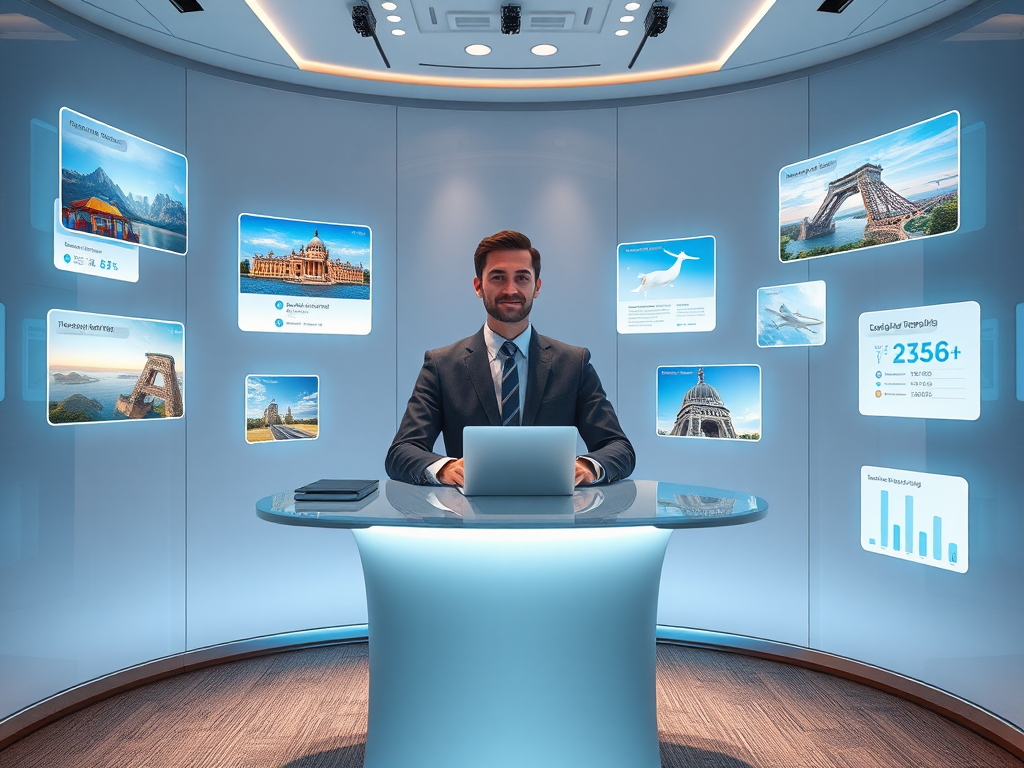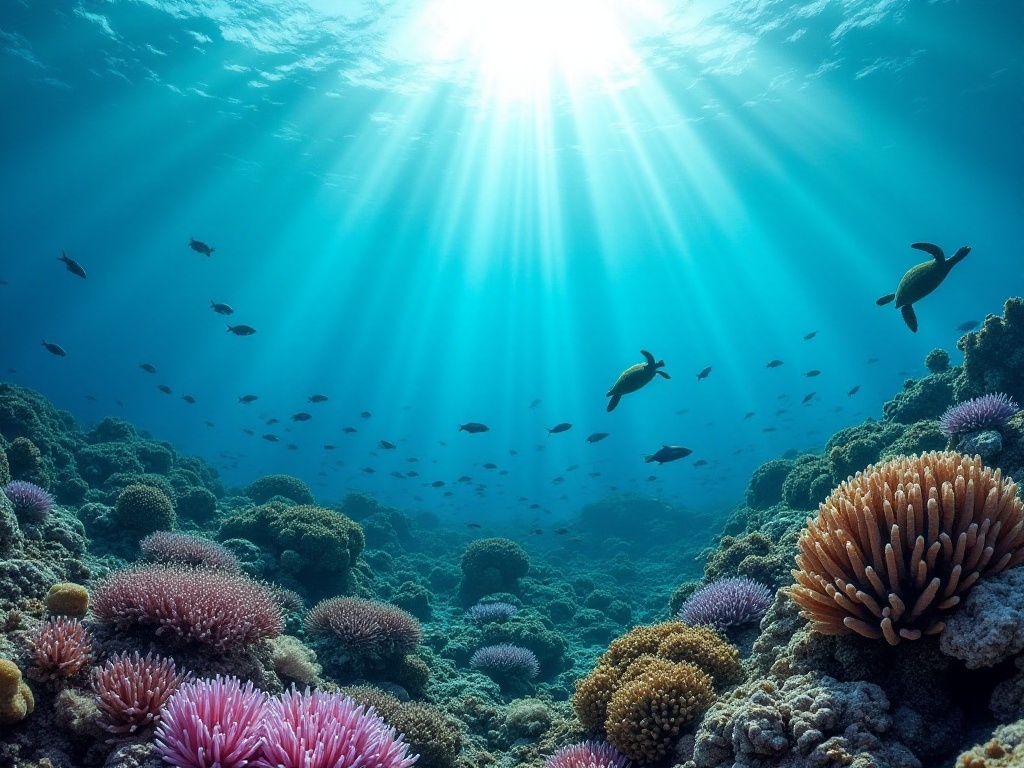
Change
Have you noticed how the style of travel guides has been quietly changing in recent years? From traditional attraction introductions and transportation guidance to today's focus on personalized experience sharing, this transformation is thought-provoking. Let me share my observations and thoughts on this phenomenon.
Ten years ago, when I first traveled to Europe alone, I tightly held a thick "Lonely Planet" guide, afraid of missing any "must-see" attractions. Back then, travel guides were like encyclopedias, telling you where to go, what to see, and even when to depart. But now? People are more willing to hear about real experiences from ordinary travelers.
Let's look at the data. According to the latest travel media consumption survey, in 2023, 78% of travelers indicated they prefer to reference personal travel bloggers' advice rather than traditional travel guides. This figure was only 45% in 2018. Why such a change?
Personality
Traditional travel guides tend to be too "standardized." They tell you the Louvre's daily opening hours, the ticket prices for the Eiffel Tower, but rarely tell you about those warm moments encountered in the small streets and alleys of Paris.
I recently watched an Australian travel show where they let ordinary Australians travel around the world and record their most authentic feelings. Interestingly, their experiences in British countryside towns completely overturned traditional travel guide descriptions. Those castles rated as "must-visit attractions" might have seemed bland to them, while an unremarkable village market kept them lingering.
Did you know? According to the latest travel behavior research, over 85% of young travelers value "uniqueness of experience" more than the fame of attractions. What does this tell us? It shows that people are no longer satisfied with "check-list" travel; they yearn to discover their own travel memories.
Authenticity
Another notable characteristic of modern travel guides is authenticity. I've noticed that more and more travel content is beginning to show the "imperfections" of travel. I remember in one episode, several Australian travelers encountered three consecutive days of heavy rain in the Scottish Highlands. Instead of complaining, they laughed and said, "This is the real Scotland!"
This authenticity is also confirmed by data. A 2023 survey showed that 92% of travelers believe authentic travel experiences are more valuable for reference than perfect travel photos. This number reminds me of an interesting phenomenon: why do more and more travel videos show "bad" experiences like getting lost, language barriers, and missing trains? Because these are the truths of travel, aren't they?
Interaction
Have you noticed how modern travel guides increasingly emphasize interactivity? It's no longer one-way information output but encourages experience sharing and exchange between travelers. Data shows that user comments on major global travel platforms in 2023 increased threefold compared to 2019.
I particularly like the interactive features provided by online travel websites. For instance, you can see different evaluations of the same attraction from other travelers, understanding their experiences in different seasons and times. These diverse voices make travel more three-dimensional and rich.
Research shows that over 70% of travelers consult at least 5 different user reviews before making travel decisions. What does this indicate? It shows that people trust "crowd wisdom" more than single authoritative guides.
Depth
Modern travel guide content is also developing in depth. It's no longer limited to "what to see" and "what to eat," but explores more cultural connotations and humanitarian values. For example, I recently saw a travel guide about Osaka that not only introduced famous attractions and cuisine but also delved into Osaka's unique business culture and everyday life.
Data shows that cultural experience content in travel materials increased by 65% in 2023 compared to 2019. More and more travelers are no longer satisfied with surface-level sightseeing but desire to truly understand a place's culture and lifestyle.
Technology
Technological development is also changing the form of travel guides. From paper guides to electronic versions, from text descriptions to panoramic videos, technology has made travel information acquisition more convenient and intuitive. Statistics show that over 90% of travelers in 2023 use virtual reality (VR) technology to preview destinations before traveling.
But have you noticed an interesting phenomenon? Although technology has made information acquisition easier, people increasingly value authentic human experiences. This seems to tell us that technology should serve experience rather than replace it.
Reflection
Looking at these changes in travel guides, I often wonder: what is the essence of travel? Is it checking off attractions? Collecting stamps? Or discovering a different life on foreign soil?
The latest survey shows that over 75% of travelers believe a good journey should bring new thoughts and insights. This reminds me of the old saying: "Travel isn't about how far you go, but what you see."
Looking Forward
Looking to the future, I believe travel guides will continue to evolve. Artificial intelligence might bring more personalized travel recommendations, virtual reality technology might let us "experience" destinations in advance, but one thing won't change: people's pursuit of authentic, deep travel experiences.
What do you think? In this age of information explosion, which kind of travel guide do you prefer to trust? Traditional authoritative guides, or authentic sharing from ordinary travelers? Or do you have your own unique travel philosophy?
Let's think about this question: Will travel guides become completely personalized in the future? Do we still need professional travel guides? Perhaps the answer lies in everyone's travel experiences.
Next
From Paper Guides to Digital: Exploring the Evolution and Future Trends of Global Travel Guides
Comprehensive analysis of diverse travel guide resources, covering traditional publications like Lonely Planet, online travel platforms, TV travel shows, and digital travel content, providing readers with various channels to access travel information
Discovering the Beauty in Details: Why Are Professional Travel Guides Being Replaced by Personal Travel Experiences?
An in-depth exploration of modern travel guide formats across various media, covering both audiovisual and digital platforms, analyzing their content features, coverage scope, and presentation styles to provide comprehensive travel information
My First Solo Trip Around China: How to Plan a Spontaneous Journey Using Artificial Intelligence
An in-depth analysis of modern travel guide trends, covering AI-assisted planning, social sharing platforms, and digital destination management, exploring the transformation of tourism services towards intelligence and personalization
Next

From Paper Guides to Digital: Exploring the Evolution and Future Trends of Global Travel Guides
Comprehensive analysis of diverse travel guide resources, covering traditional publications like Lonely Planet, online travel platforms, TV travel shows, and digital travel content, providing readers with various channels to access travel information

Discovering the Beauty in Details: Why Are Professional Travel Guides Being Replaced by Personal Travel Experiences?
An in-depth exploration of modern travel guide formats across various media, covering both audiovisual and digital platforms, analyzing their content features, coverage scope, and presentation styles to provide comprehensive travel information

My First Solo Trip Around China: How to Plan a Spontaneous Journey Using Artificial Intelligence
An in-depth analysis of modern travel guide trends, covering AI-assisted planning, social sharing platforms, and digital destination management, exploring the transformation of tourism services towards intelligence and personalization


